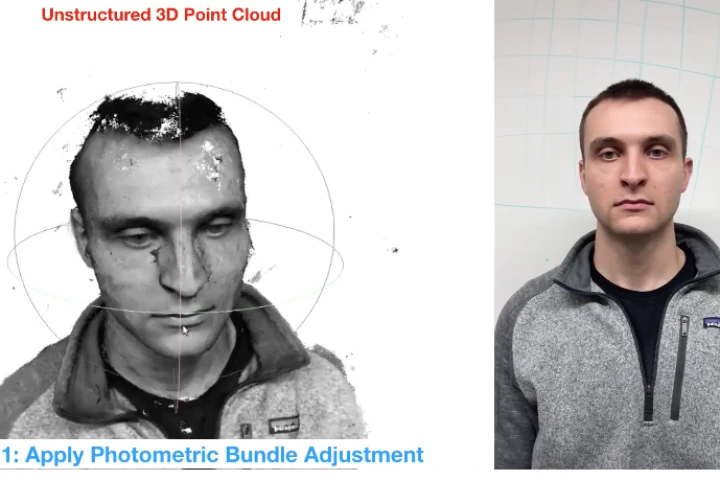Facial
-
Although there are various systems that detect quadriplegics' head movements, most such setups are limited to the control of wheelchairs. Such is not the case, however, with the MagTrack system.
-
If you smiled at someone and they didn't smile back, you'd probably find it off-putting. Well, that's what usually happens if you smile at a humanoid robot … but not in the case of the expression-mirroring EVA.
-
A new AI-based system is able to ascertain which facial features are found most attractive by individual people. It can then create computer-generated faces combining those qualities.
-
To overcome the stereotypical emotionless "Botox face," physicians have been working on novel ways to administer the paralytic toxin that generate a more natural outcome. A new study reveals a novel Botox microdose therapy is both safe and effective
-
Amyotrophic lateral sclerosis (ALS) causes people to lose control of their muscles – unfortunately, this often eventually causes them to lose their ability to speak. A new skin-worn device, however, could still let them communicate with others.
-
With people wearing masks so much of the time now, it can be difficult to tell what expression is on someone's face. A new system can reportedly do so, though, utilizing cameras mounted on their headphones.
-
Ordinarily, if you want to create a lifelike 3D digital model of someone's face, a 3D scanner and/or multiple cameras are required. Now, however, scientists from Carnegie Mellon University have created a system that lets a smartphone do the job.
-
We've seen it in movies many times before … the reluctant witness who looks right at the mug shot of the murderer, and falsely claims that they don't know him. Soon, however, police could know if such people are lying – by watching their eyes.
-
In the near future, it may be a lot more difficult to make computers believe that you're happy with something when you're actually not. That's because scientists at Britain's University of Bradford have developed software that can reportedly detect phoney smiles.
-
Autism spectrum disorder (ASD) can be a very difficult condition to diagnose, particularly in young children. Previously, we've seen technology intended to detect it by "reading" kids' faces. A new system, however, also gets children to read the faces of others.
-
A new study examining the anatomical differences between dogs and wolves revealed dogs recently evolved a very small facial muscle allowing them to raise their inner eyebrow. This muscle was not found in wolves, suggesting dogs rapidly evolved this extra tissue to better communicate with humans.
-
Skincare products work best if they're tailored to individual users. Unfortunately, though, such bespoke items tend to be pricey. German startup Skinmade is out to change that, with kiosks that mix and dispense relatively affordable skin creams that are based on each client's unique needs.
Load More









